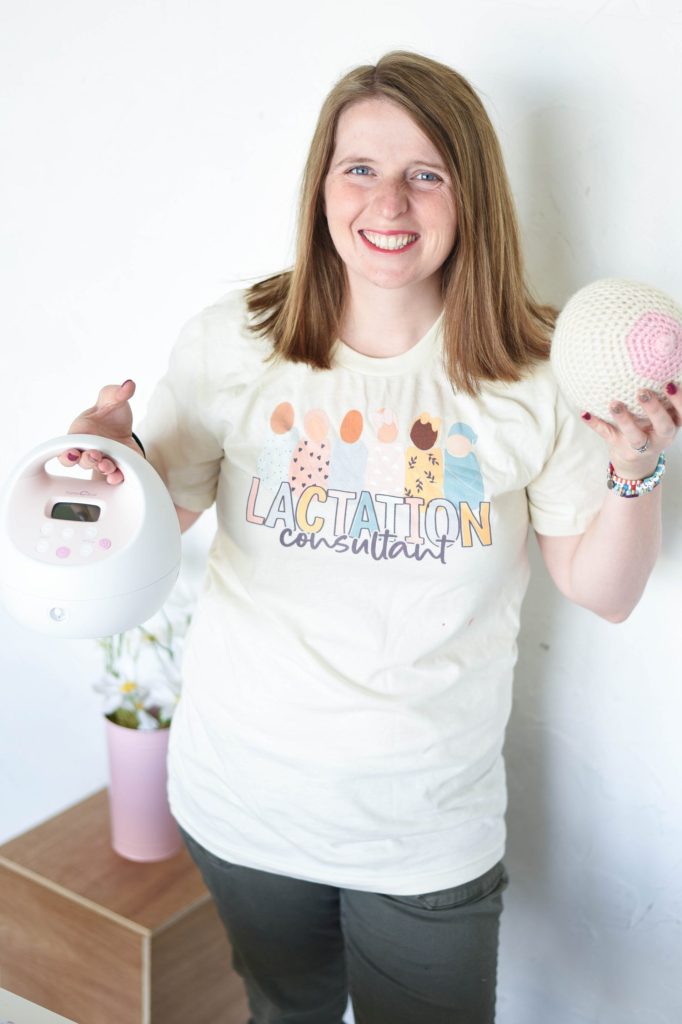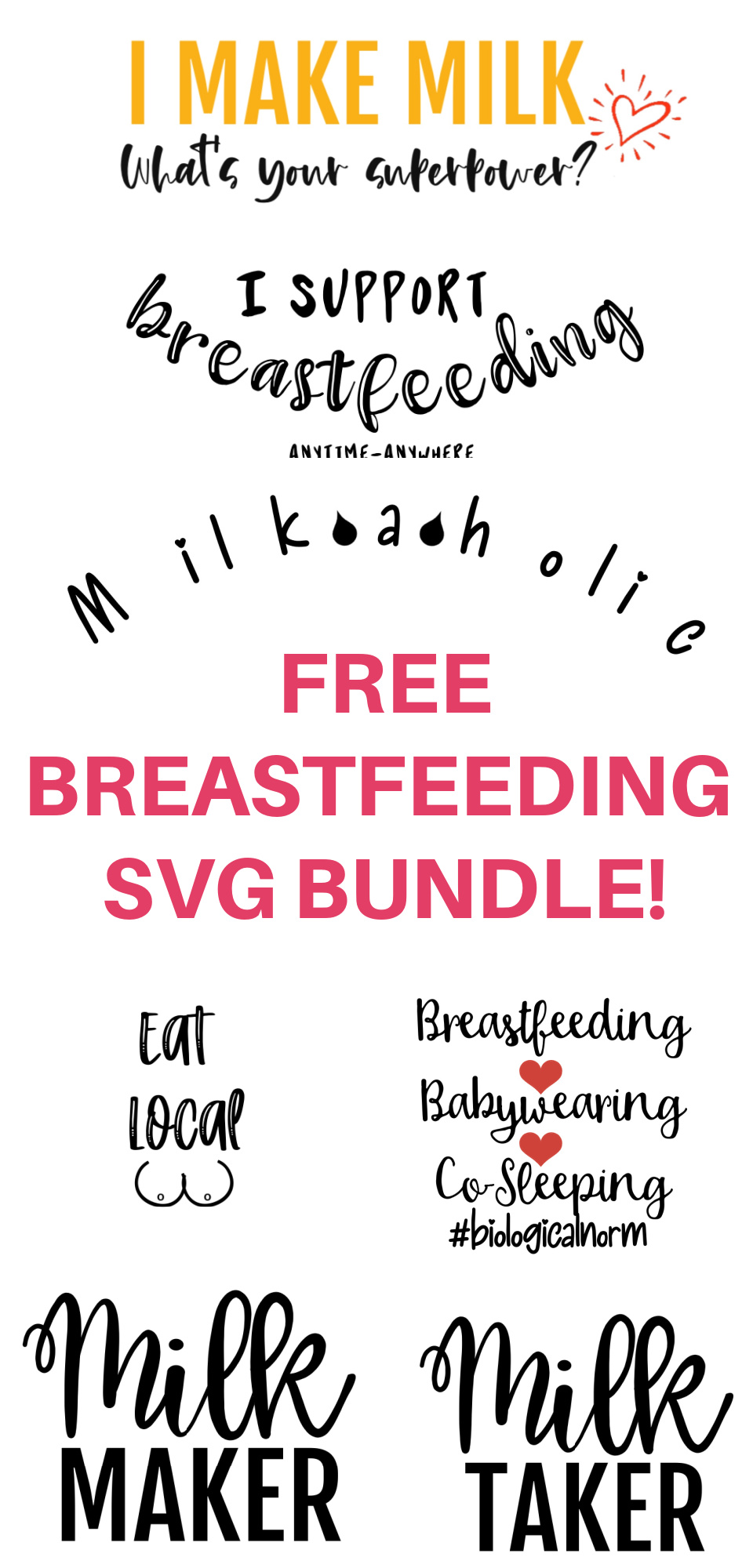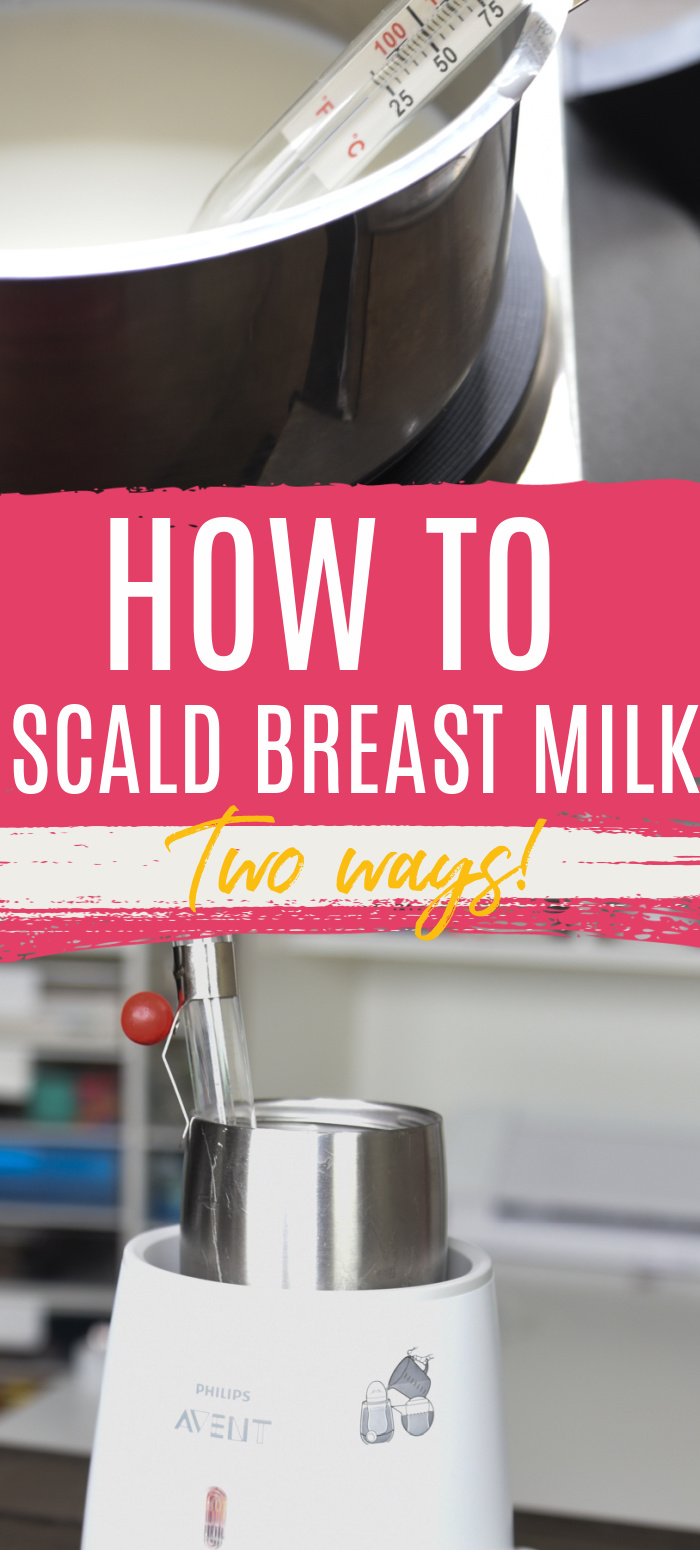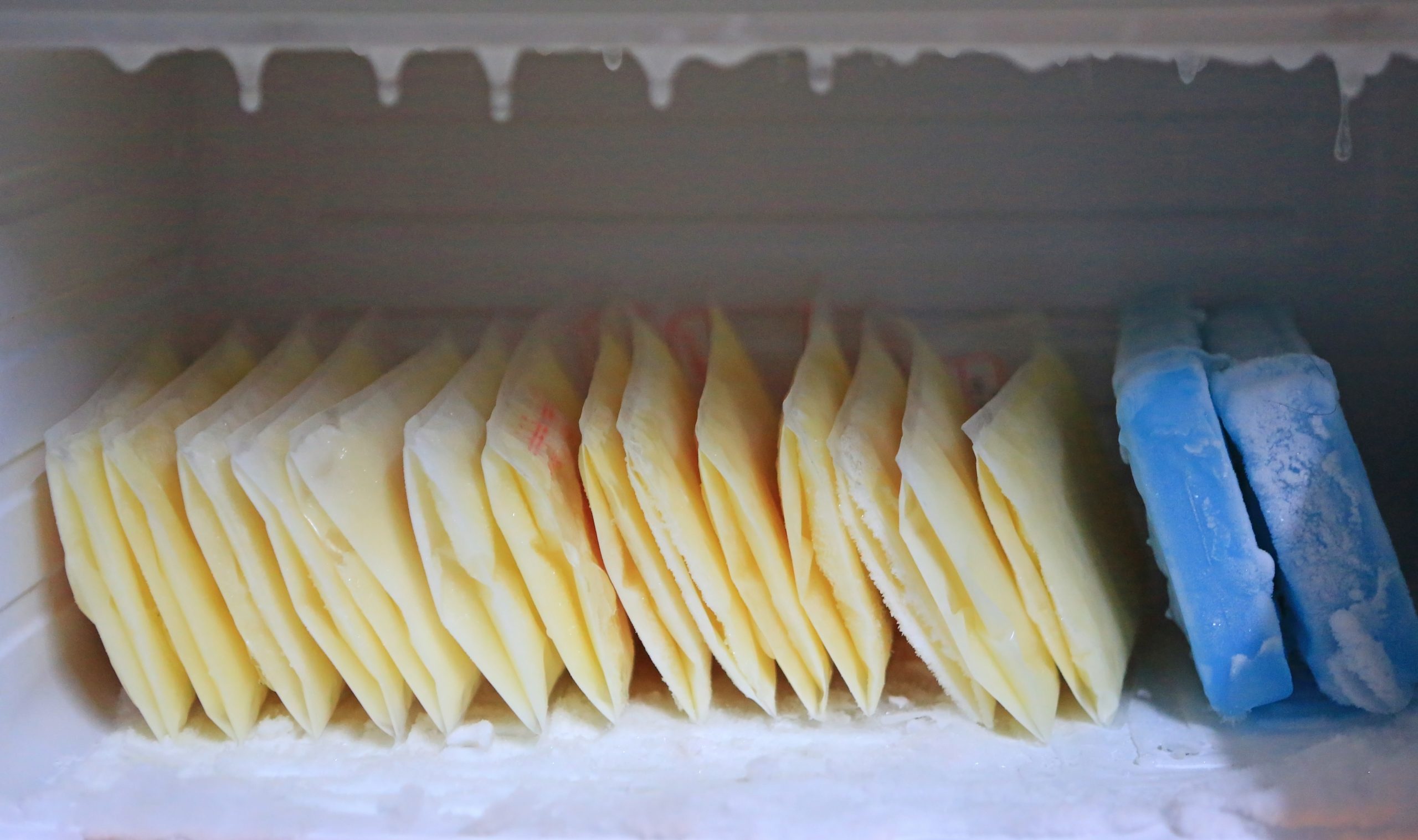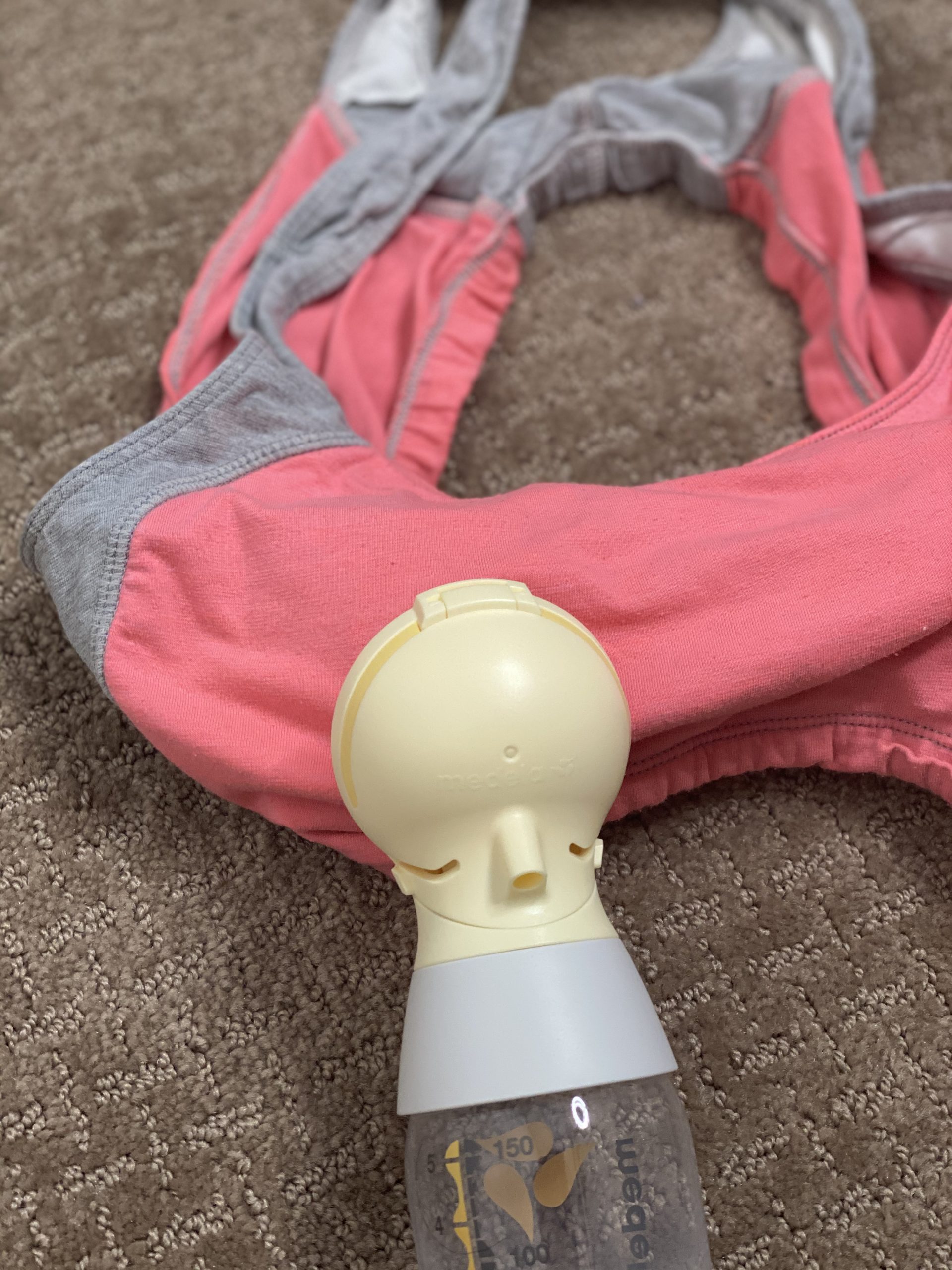Body Armor for increasing milk supply is a very popular recommendation – but is it actually legit? Here’s what I think!

Body Armor for Milk Supply
If there is one thing that has taken mommy groups across the US by storm over the past few years, it’s body armor.
Body Armor – and it’s supposed effects on breast milk supply – has even replaced the ever popular blue Gatorade and milk supply suggestion!
Because I hear this recommendation SO often, I decided to dig a little deeper into it. Is there any truth to it increasing milk supply? Is it the placebo effect? While I haven’t done any clinical trials on this (someone should), this post will hopefully give you some information to consider!
Learn the true secrets to milk supply in one our on demand breastfeeding class, “The Complete Online Breastfeeding Class” which is designed to make you a milk making master in no time. If you are just interested in pumping and milk supply, “Demystifying Milk Supply and Pumping” might be a good option for you!
Body Armor Ingredients
First, let’s talk about the ingredients. In a typical Body Armor (I am not looking at the super low calorie versions), you will generally find:
Filtered Water, Pure Cane Sugar, Coconut Water Concentrate, Citric Acid, Dipotassium Phosphate (Electrolyte), Vegetable Juice Concentrate (Color), Ascorbic Acid (Vitamin C), Magnesium Oxide (Electrolyte), Calcium D-Pantothenate (Vitamin B5), Niacinamide (Vitamin B3), Natural Fruit Punch Flavor with Other Natural Flavors, alpha-Tocopheryl Acetate (Vitamin E), Zinc Oxide (Electrolyte), Pyridoxine Hydrochloride (Vitamin B6), Vitamin A Palmitate (Vitamin A), Folic Acid (Vitamin B9), Cyanocobalamin (Vitamin B12).
Looking at these ingredients, the following ones stand out to me:
- Coconut Water Concentrate
- Calcium-D Pantothenate
- Magnesium Oxide
Let’s dive into these a little more deeply.
Mineral Deficiency
Now, this certainly has more vitamins and ingredients than Gatorade – many of which are great to include in your diet as a breastfeeding mother.
Kelly, an IBCLC I really respect, mentioned that sometimes when a mom is deficient in certain minerals, including them in your diet *may* help with your milk supply. So if you are deficient in one of the minerals listed above, that could, perhaps, be why you saw an increase.
As I mentioned, the Calcium and Magnesium are the minerals stand out the most to me, because I know those can have an impact on supply.
Calcium and Magnesium are actually minerals that are suggested women take if they experience a drop in supply due to their period. So it’s possible that these might make somewhat of a difference.
Typically, it is recommended to have between 500 and 1500 mg of calcium, and 250 and 750 mg of magnesium. The amounts vary from flavors. For instance – in a Strawberry Banana, 28 ounce, it contains 125 mg of magnesium – so drinking two bottles might get you up to that minimum (and who knows, maybe it could help before that, too).
I don’t see the calcium percentages on the nutrition labels at all, so I would suspect there is a negligible – if any – amount that would be worth noting.
There are other minerals and vitamins in this drink, as well, so if you were deficient and it was somehow affecting your milk supply, again, maybe this is helping.
Coconut Water
A lot of people claim that it’s the coconut in the drink that is causing an increase in supply. Coconut is considered a galactagogue.
However, there is only 10% coconut water in this drink, which isn’t a lot. Could it help? Maybe. But from what I’ve read, coconut water as a galactagoguge should be 100% coconut water.
Hydration
And finally, the fact that drinking a bunch of these hydrates you could be the biggest thing. Drinking a ton of liquid isn’t really recommended for milk supply – it’s really ideal to drink about 64 ounces, maybe a little more (or even better, to drink to thirst).
A lot of moms seemed to think that it didn’t really help their supply, but it did help them drink more, which helped them feel better – and in many cases, that can make you want to nurse more!
Placebo
The placebo effect really does come into play with a lot of things, and I think it might with this. The mind can do powerful things!
What Other Moms Say
We all see people claiming these drinks to be miracle drinks on social media – but that may be the case of a loud minority speaking out. You don’t really have people shouting from the roof tops, “Body Armor didn’t help my milk supply!” Instead, you have moms who try it, find it doesn’t work, and move on.
I decided to ask my Instagram page about if they’d tried Gatorade or Body Armor for milk supply. While the vast majority of over 500 respondents said it didn’t make a difference, I DID see that a lot more people felt Body Armor helped over Gatorade.
I had a lot of people message me and tell me that they didn’t feel like it helped their supply, but it did rehydrate them, and they liked drinking it more than water. So who knows.
Conclusion
So, do I think Body Armor helps with milk supply? I certainly wouldn’t rule it out completely. I think there is some arguments that some of the minerals could be helpful – and perhaps the coconut and hydration is, too. But I wouldn’t say it’s a miracle drink by any means.
But I think it’s a better option that Gatorade, so if you enjoy it, then go for it. It is important to realize that downing bottle after bottle won’t do a thing if you aren’t frequently emptying the breast. That is truly the best way to increase and maintain your milk supply!
More Posts You May Enjoy:
- 11 Low Milk Supply False Alarms
- Top Signs of Low Milk Supply to Worry About
- 22 Low Milk Supply Causes You May Not Know About
- Two Simple Ways to Scald Breast Milk to Fix High Lipase
- Breastfeeding and Your Period: Everything You Need to Know


